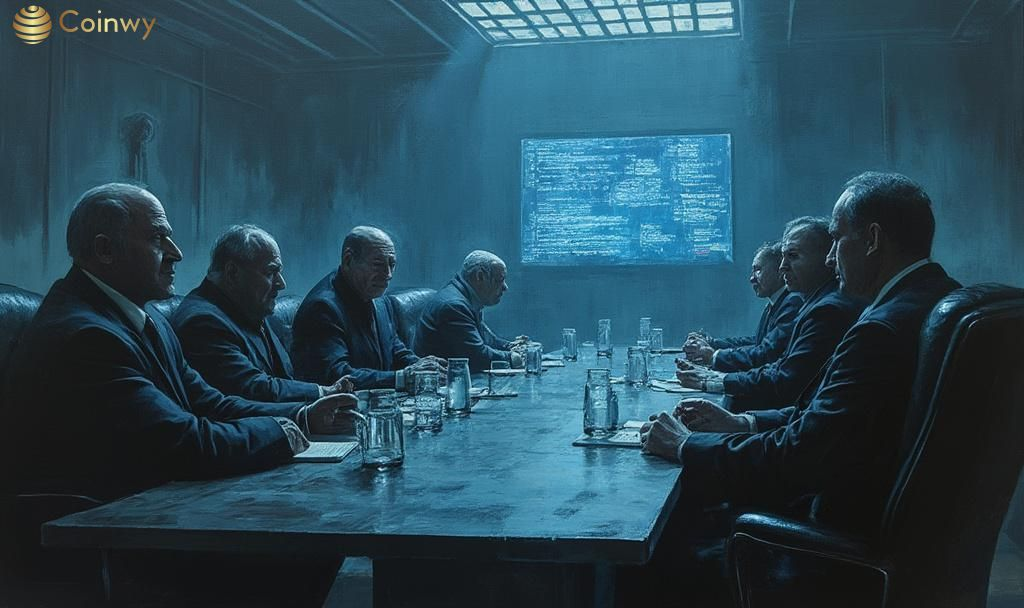Key Points:
- US Congress reviewing bill authorizing privateers for cybercrime.
- Seeks to combat crypto theft and ransomware.
- Potentially strengthens asset recovery and Bitcoin reserves.
A new bill, the Scam Farms Marque and Reprisal Authorization Act of 2025, was introduced by Congressman David Schweikert to tackle cryptocurrency-related cybercrime through sanctioned privateers in the US.
The bill’s introduction aims to address growing cybercrime threats, potentially affecting cryptocurrency asset recovery and broader market security by empowering state-sanctioned entities to recover stolen assets globally.
The US Congress is examining a bill aiming to authorize state-sanctioned neo-privateers in battling cybercrime involving cryptocurrencies. This legislation, introduced in August 2025, targets theft, ransomware, and scams, seeking to adjust outdated laws in the digital era.
Arizona Congressman David Schweikert spearheaded the bill known as the Scam Farms Marque and Reprisal Authorization Act of 2025. His initiative collaborates with Chris Giancarlo and Chris Perkins, emphasizing the need for modernized solutions in securing digital assets. “Americans deserve protection from digital predators who exploit outdated laws and hide in foreign jurisdictions.” source.
The proposed legislation could significantly impact cryptocurrency theft and recovery, potentially increasing the government’s reserves of Bitcoin and altcoins. The move aims to deter criminal activities and encourage ethical entrepreneurship within the crypto industry.
Financially, the bill may enable the recovery of stolen crypto assets, enriching the nation’s strategic resources without additional taxpayer cost. Politically, it extends the president’s authority, allowing cross-border actions under “all means reasonably necessary.”
Community responses remain limited but involve discussions on the ethical implications and effectiveness of the proposed approach. Experts are considering the impacts on cross-border legalities and oversight of deputizing private hackers for cyber offenses.
The bill’s approach mirrors historical letters of marque used in wartime, adapted to the digital age for countering cybercriminals. Legal and technological outcomes could reshape how cybersecurity is approached across borders, enhancing international cooperation. Chris Perkins, President of CoinFund, stated, “I earnestly believe that neo-privateering is the only way to restore security in a way that attracts entrepreneurs back onshore and simultaneously helps to fund the strategic crypto arsenal and bitcoin reserve at no cost to the taxpayer” source.







